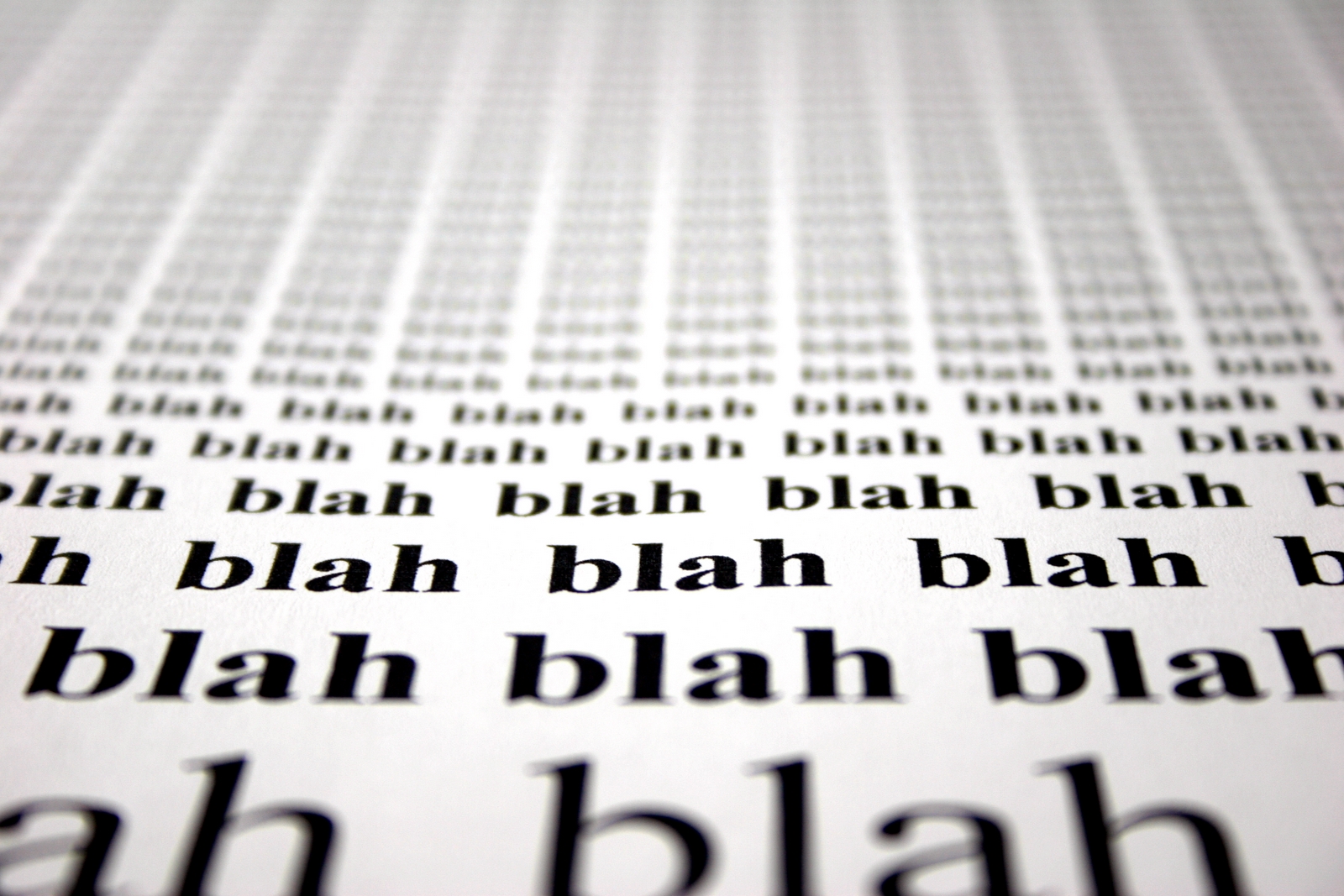An Informal Discovery Conference, commonly abbreviated as “IDC,” is an informal proceeding used by the courts to encourage resolution of disputes, particularly discovery-related disputes, prior to the filing of a motion; a forced further meet and confer, if you will. IDCs are encouraged by many courts throughout Los Angeles County. At the informal discovery conference, the judge listens to each party’s position in the dispute, and provides guidance. The outcome of the informal discovery conference can be described as a “tentative-tentative” ruling on the disputed issue prior to the hearing on the motion. The parties may later bring additional argument in the formal motion that can persuade the court otherwise; however, this may be an uphill battle.
In Personal Injury Courts (PI Courts) of Los Angeles County (Departments 91, 92 and 93 in the Stanley Mosk Courthouse), informal discovery conferences are required by the 5th Amended General Order prior to the hearing on a motion to compel further responses to discovery. PI Court judges are available daily to conduct a 30-minute, in person IDCs with counsel from both sides who have full authority to make binding agreements in discovery disputes. Again, there are no rulings made in PI Court IDCs. “The purpose of the IDC is to help the parties resolve discovery disputes by agreement rather than by motion practice.” Prior to the IDC, the clerk may ask the parties if they would like to meet and confer again before sitting down with the judge.
How To Schedule An Informal Discovery Conference
Each court has its own policies and procedures with respect to the availability and scheduling of IDCs. Thus, the first step (as usual) is to check the local policies and procedures of the specific court your case is assigned to. For example, Department K of the Santa Monica Courthouse, an informal discovery conference can be accomplished by calling the court on a conference call with all necessary parties on the line. Other courts have different procedures.
In PI Court, IDCs are scheduled using the online Court Reservation System (CRS). The IDC is conducted by the same judge who will hear the motion. Per the general order, IDCs must be scheduled prior to the filing of the discovery motion. You should consult with opposing counsel to determine availability for the IDC before scheduling it. Some attorney’s will unilaterally schedule the IDC, but it is always professionally courteous (and required by the general order of the PI Courts) to schedule the IDC at a mutually convenient time.
When scheduling the IDC, the general order of the PI Courts recommends to allow the IDC to occur at least 16 court days before the motion hearing, and for the parties to reserve a hearing on a motion to compel further discovery at 10:00 a.m. on a date at least 60 days after the date when the reservation is made. If the dispute is not resolved at the IDC, the moving party may advance the hearing on a motion to compel further discovery responses to any hearing date in compliance with the requirements of the California Code of Civil Procedure. Further, the general order provides that PI Courts may consider a party’s failure or refusal to participate in an IDC as a factor when deciding whether to award sanctions. Hint: you do not want to annoy your judge by not participating in the IDC.
Prior to the IDC, the moving party must file and serve the Informal Discovery Conference Form (CIV239) no later than 15 days prior to the IDC. The opposing party may file and serve a separate IDC Form at least 10 days prior to the IDC. The space provided in the IDC Form is limited. Often, the judge will familiarize his or herself with dispute for the first time at the IDC. Thus, it is important to succinctly and clearly set forth the general argument in the IDC Form so the nature of the dispute can be easily understood by the judge on the fly. The judge may have additional questions, but the IDC Form is your first opportunity to present your side of the issues in dispute.
What To Expect At An IDC in Los Angeles County Personal Injury Courts
Most informal discovery conferences in the PI Courts are scheduled at 11:00 a.m., and the court is usually pretty empty at this time. I have been advised that some courts schedule IDCs on Friday afternoons as further incentive for counsel to resolve the dispute amongst themselves without court intervention. The date and time the court is available for an IDC can be easily checked on the CRS.
The IDC is typically conducted in judge’s chambers. When you arrive to court, as usual, counsel will check in with the clerk and wait to be called back to chambers. The only other opportunity I have had to go to judge’s chambers was in connection with an application for admission to federal court. For lack of a better word, I think meeting in judge’s chambers is pretty cool. If nothing else — because counsel are usually entrenched in their respective positions having already met and conferred prior to the IDC — the IDC is an opportunity to get to know your judicial officer better. The judge will typically explain his or her background and general philosophy regarding discovery. Hint: most judge’s broadly construe the right to discovery. Again, the “tentative-tentative” disposition of the judge towards the dispute at issue can be useful for the parties to reevaluate their positions prior to a hearing on the motion. It is one thing if opposing counsel tells you they believe they are entitled to discovery, but it is another thing when you hear a judge agreeing (or disagreeing) with opposing counsel’s position. Again, you can always make new argument in your moving (or opposing) papers in connection with the motion, and the IDC is not binding. After the IDC, you may even (should) tailor your motion based on the discussions at the IDC.
Concluding Thoughts
I generally believe that the judicial system is designed for parties to resolve their disputes (whether discovery-related or otherwise) outside of court. This is also the apparent idea behind the Informal Discovery Conference procedure. While the IDC might seem like an annoyance of having to learn and follow a new procedure rule, it is a generally useful exercise. If the IDC can resolve disputes with a quick 30-minute conference that would otherwise require time putting a motion together, the law clerks having to review the moving and opposing papers, everyone to show up at the hearing on the motion, and the judge to issue an order on the motion, then an IDC has served its purpose.


